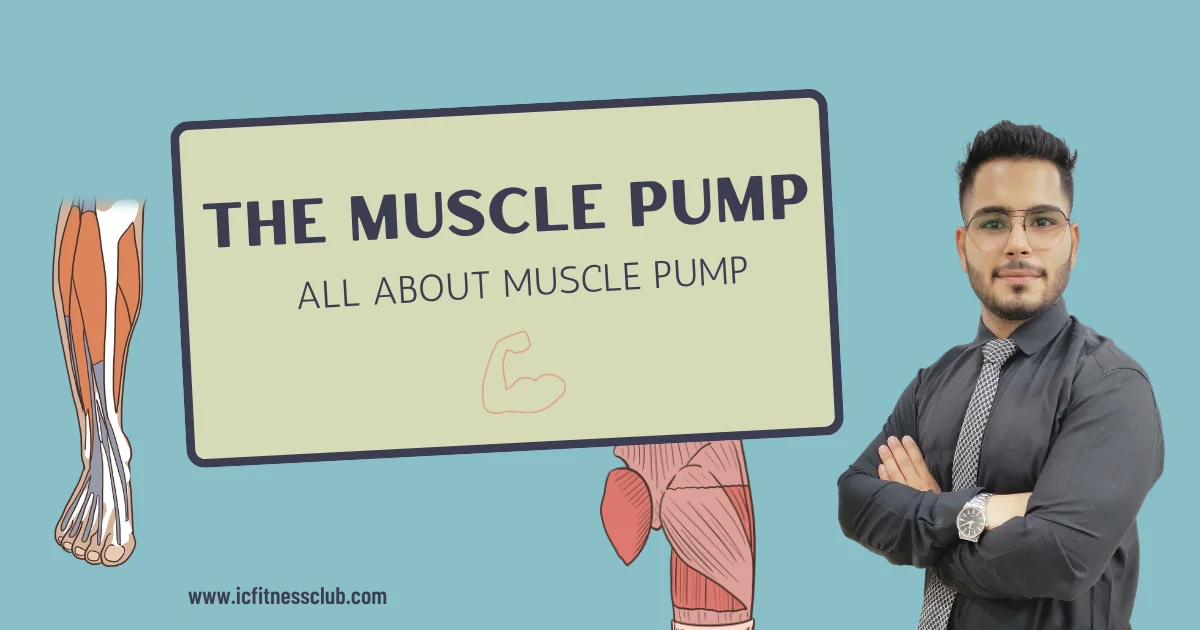Muscle Pump Explained – IC Fitness Club
Muscle pump, also known as the “pump” or “muscle engorgement,” refers to the temporary swelling and increased size of muscles during and after intense physical activity. It is a sensation commonly experienced by weightlifters, bodybuilders, and athletes during resistance training or high-intensity exercise.
The muscle pump is primarily caused by an increased blood flow to the muscles being worked. When you perform strenuous exercise, your muscles require more oxygen and nutrients to meet the increased demand for energy. To deliver these essential resources, blood vessels in the muscles dilate, allowing a greater volume of blood to flow through them.
As blood rushes into the working muscles, it brings along oxygen, glucose, and other nutrients while removing waste products such as carbon dioxide and lactic acid. This influx of blood causes the muscles to swell, giving them a fuller, tighter, and more pronounced appearance. You may notice a visible increase in muscle size and a feeling of tightness or hardness in the working muscles.
The muscle pump can have several benefits:
- Enhanced nutrient delivery: The increased blood flow during the pump helps deliver more oxygen and nutrients to the muscles, promoting better performance and recovery.
- Waste removal: The improved circulation aids in the removal of metabolic waste products from the muscles, such as lactic acid, which can contribute to muscle fatigue.
- Temporary muscle hypertrophy: The swelling and engorgement of the muscles during the pump can give the illusion of increased muscle size and definition. While this effect is temporary, it can provide a sense of accomplishment and motivation during workouts.
- Mind-muscle connection: The pump can also enhance the mind-muscle connection, making you more aware of the targeted muscles and helping you focus on the specific muscle group you are training.
It’s important to note that the muscle pump is a temporary phenomenon that subsides shortly after the exercise session. It does not directly translate to long-term muscle growth or strength gains. However, consistently incorporating resistance training and pursuing an appropriate training program can lead to muscle hypertrophy over time.
Remember to listen to your body, avoid overexertion, and consult with a fitness professional or healthcare provider if you have any concerns or specific health conditions.
To become a Certified Personal Trainer
To watch the video




